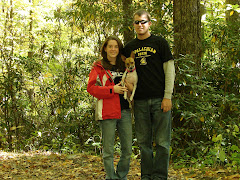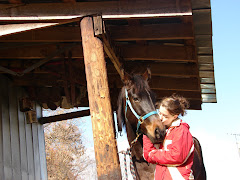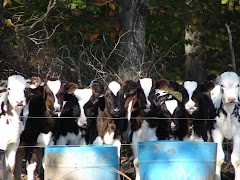I usually hate the articles we have to read. But I loved this one! I liked the content and the way she told a story throughout most of it. I think I actually took away a much better understanding of why people act the way they act. It’s a multitude of reasons wrapped up; could be culture, background, parents, past experiences. And you just have to take each student for who they are.
For instance, the other children would communicate for Alma. She would shut down and not respond to Paley, an adult. She seemed just like a scared animal. When you go up to them they freeze, “play dead” in a sense. I worked in a daycare and this is very typical for a child who has never been in schooling especially when they are put in at an older age, 5. It seems that they are intimidated by everyone but latch onto the children first because their more alike, which is completely understandable. And after the part were Paley tried to talk too little Alma’s mother it was obvious to see that Alma was much like her mother. She seemed shy, and intimidated by others as well.
“You look as chocolate pudding” one student says then she goes on to say “you never say anything like that to black people.” Things like this just don’t make sense to me because no we don’t say stuff like that but it is acceptable to go up to a white little girl and say “you are just pasty white darling” or “you look like you need a little sun” and that is acceptable. I have had things like this said to me by blacks and whites and it doesn’t bother me any. I think people are just afraid of anything different, so to many people things that are and aren’t acceptable can change in situations that are unknown.
Also I think children, especially that young say exactly what their thinking. If they see a black person and they describe them as “chocolate pudding”; well, they could be the color of chocolate pudding. Or when they say “why do all blacks look poor?” These are times that children really might think what they say, it is our job to broaden their horizons and show them that all people can be poor and all people can be rich. Everyone focuses on instances like this. But I have seen even more little over weight children or even adults being described. I remember when my little sister, she couldn’t have been more than 3, said “momma Aunt Kelly is fat!” right in front of my aunt whom she was talking about. My aunt quickly said back “well, she’s right.” Children are just inquisitive, most of the time they don’t know that their being rude, or ugly. They are just curious. That is what schooling is for, to allow people to experience new situations and ideas; it’s all a learning process. As they grow and come across instances like this, I believe it is our job to point out that things like this are rude, and can hurt people’s feelings. If all little kids didn’t do this, then there wouldn’t be a whole objective on feelings in the state standards. It something that children have always done and will always do. I think it is how long the child is allowed to do things like this that can make them appear rude, and obnoxious. They need to learn at an early age lessons like this, so that they can be more successful in life. When people are uneducated I believe that is when they become naive.
Subscribe to:
Post Comments (Atom)



1 comment:
I'm glad you liked Paley's writing, Jen. She's one of my favorite educational writers. I like all of her books, and I highly recommend them.
I also agree with your assessment of the honesty of young children. It can be quite embarrassing for us older folks! But it is important to remember that they're trying to make sense of the world and not shame them as we respond to their questions and remarks. In fact, we might be able to learn something from their openness to asking the questions we can't bring ourselves to ask.
Post a Comment